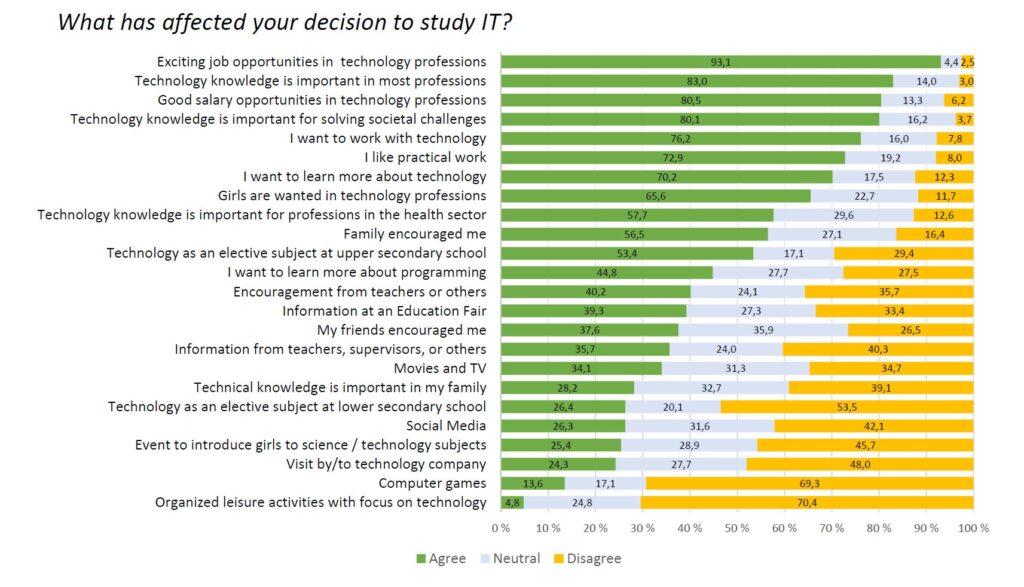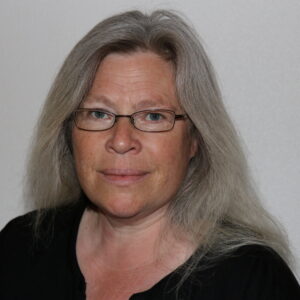Summer time is also time for conferences and publications it seems. Yet another publication out this week:
A Random Choice, Late Discovery, and Penalty Rounds: Mapping women’s pathways to information technology education
Hilde G. Corneliussen
What leads women to information technology (IT)? Successful recruitment is often perceived as relying on interest in IT. This study, however, identifies the pathways bringing women to IT that only partly rely on interest in IT and also involve other factors. In-depth interviews with 24 women in IT education and early research positions in Norway provide the empirical material for this qualitative study. Feminist technology studies and research on gender and technology provide a framework for the study, and the analysis is guided by the grounded theory method. The findings show that IT is a highly gendered field in Norway and that gender stereotypes affect women’s expectations toward, and choices of, IT. Women enter the fields of IT despite stereotypes. However, for many such women, this follows a coincidence or a late discovery of IT as interesting, and some women have been on a “penalty round” in a different field before finally entering the fields of IT.



 (From the introduction)
(From the introduction)

